With the Worker Protection Act’s first anniversary on the horizon, the Employment Appeal Tribunal (EAT) has provided a timely reminder that liability for sexual harassment extends beyond the workplace.
Background
An agency worker was sexually harassed by a colleague while accepting a lift to work (after missing her arranged transport). An Employment Tribunal initially dismissed the claim, stating that the sexual harassment wasn’t “in the course of employment” as the lift wasn’t arranged by or approved by the employer.
The EAT disagreed. They found the original Tribunal had failed to properly consider whether the incident was an “extension of employment” and whether the connection to work was sufficient enough. It was reasonable to take the view that colleagues travelling in a car together, to their place of work, as having a sufficient enough connection to work for liability to arise.
Practical takeaways
The decision is a timely reminder that liability doesn’t clock off at 5pm or stop at the office door. Ensuring employees understand that expected standards of behaviour extend beyond core working hours is key. Here’s some food for thought…
Broaden your policies – ensure your anti-harassment and conduct policies cover behaviour connected to work (and are communicated!), even if it takes place outside of ‘normal’ working hours or off-site. We can help to review your current policies to ensure they’re providing sufficient protection.
Reinforce expectations – regularly communicate expected standards of behaviour through induction, training, team events and manager conversations.
Training on blurred boundaries – ensure your anti-harassment training is up to date and regularly refreshed across all levels of your organisation (we can help – check out our eLearning). It needs to equip staff and managers to recognise where ‘off-duty’ interactions (lifts, social events, social media, messaging groups etc.) can create risk.
Assess risk areas – make sure your sexual harassment risk assessment factors in potential informal arrangements between colleagues and off-site activities (and how you intend to mitigate the risks that can arise from them).
Act decisively – as always, deal with complaints quickly and consistently to demonstrate a culture that doesn’t tolerate inappropriate behaviour (regardless of where it occurs).
Get in touch with us to chat about how we can support with anything we’ve covered in this update.
Get in touch to discuss how our eLearning can help to deliver a clear and consistent message about expected standards of behaviour in relation to harassment and inclusivity.
This update is accurate on the date it was published but may be subject to change which may or may not be notified to you. This update is not to be taken as advice and you should seek advice if anything contained within affects you or your business.





